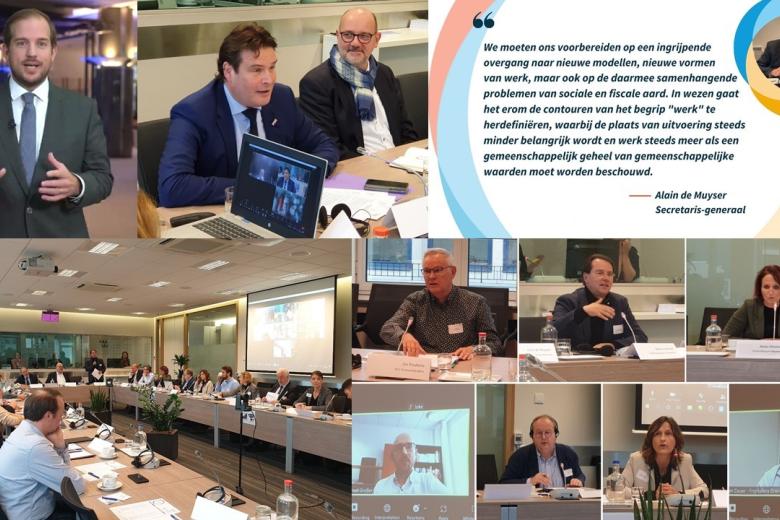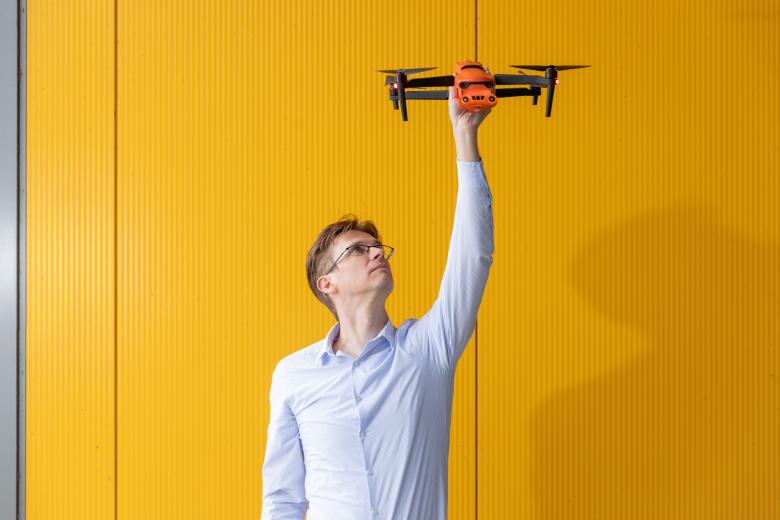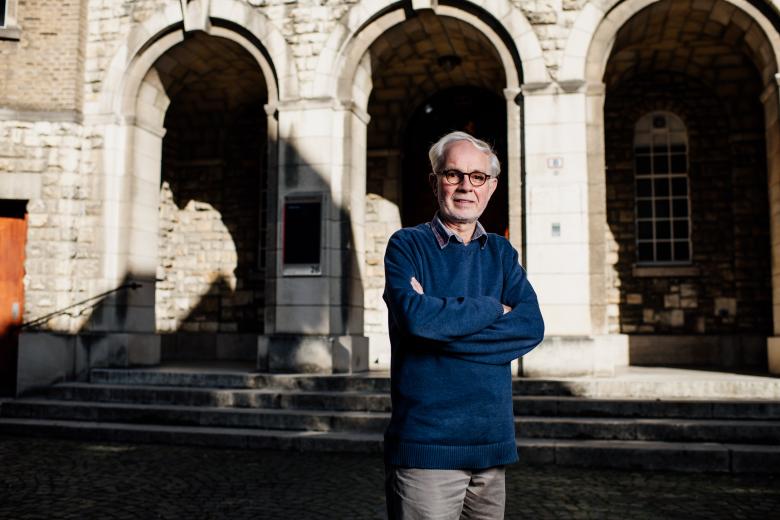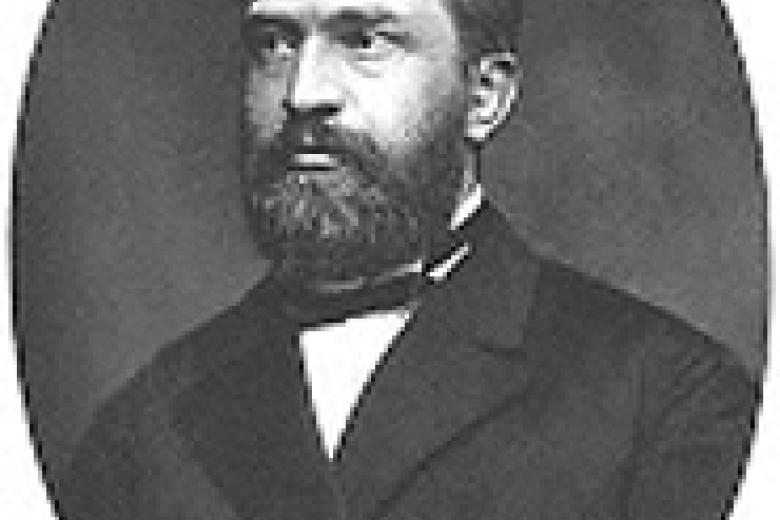Tackling drug related organised crime requires determining course
In recent years, with additional funding from the government, several local, regional and national projects have been launched to tackle and nip undermining crime in the bud. This has raised awareness in the Netherlands about the seriousness of that problem and the need to tackle it together. It is...







